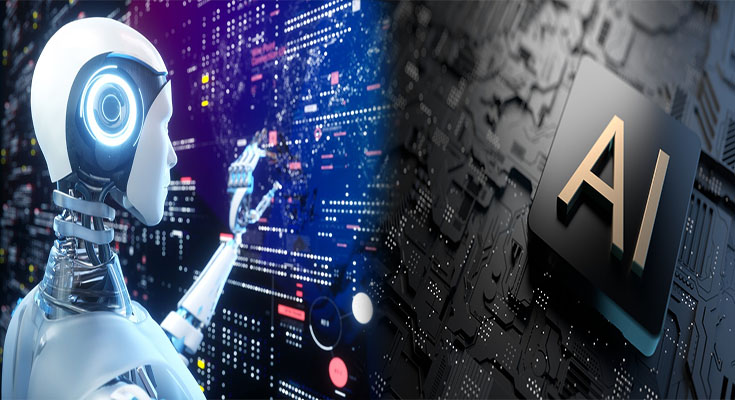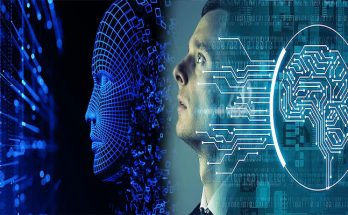Artificial Intelligence (AI) is a rapidly evolving field that seeks to create intelligent machines capable of performing tasks that typically require human intelligence. The comprehensive definition of AI encompasses a diverse range of technologies and applications, each with its own unique set of key components.
Understanding Artificial Intelligence
At its core, AI aims to replicate human cognitive functions such as learning, problem-solving, and decision-making. This encompasses a wide array of techniques and approaches, including machine learning, natural language processing, computer vision, robotics, and more. The comprehensive definition of AI can be summarized as the development of systems that can perceive their environment, reason about it, and take appropriate action to achieve specific goals.
Key Components of Artificial Intelligence
Machine Learning
Machine learning is a critical component of AI that involves training machines to learn from data and make predictions or decisions without being explicitly programmed. This branch of AI enables systems to improve their performance on a specific task over time through experience.
Natural Language Processing
Natural language processing (NLP) focuses on enabling machines to understand, interpret, and generate human language in a valuable way. NLP plays a crucial role in applications such as virtual assistants, chatbots, and language translation.
Computer Vision
Computer vision is the field of AI that enables machines to gain high-level understanding from digital images or videos. This capability is fundamental for tasks like facial recognition, object detection, and autonomous vehicle navigation.
Robotics
Robotics is an interdisciplinary field that combines AI, engineering, and computer science to design, construct, operate, and use robots. Robotics AI systems involve elements such as machine learning, computer vision, and natural language processing to enable robots to perform a wide range of tasks in diverse environments.
The comprehensive definition of AI encompasses various key components that collectively drive the development of intelligent machines. As the field continues to progress, these components will continue to evolve and integrate, leading to significant advancements in technology and its applications in various sectors.
AI’s impact on industries such as healthcare, finance, manufacturing, and entertainment underscores its significance in shaping the future of technology and its potential to revolutionize the way we live and work.
Artificial Intelligence exemplifies a captivating symbiosis between humans and machines, showcasing the potential for breakthrough innovations that have the power to influence the world in unprecedented ways.





